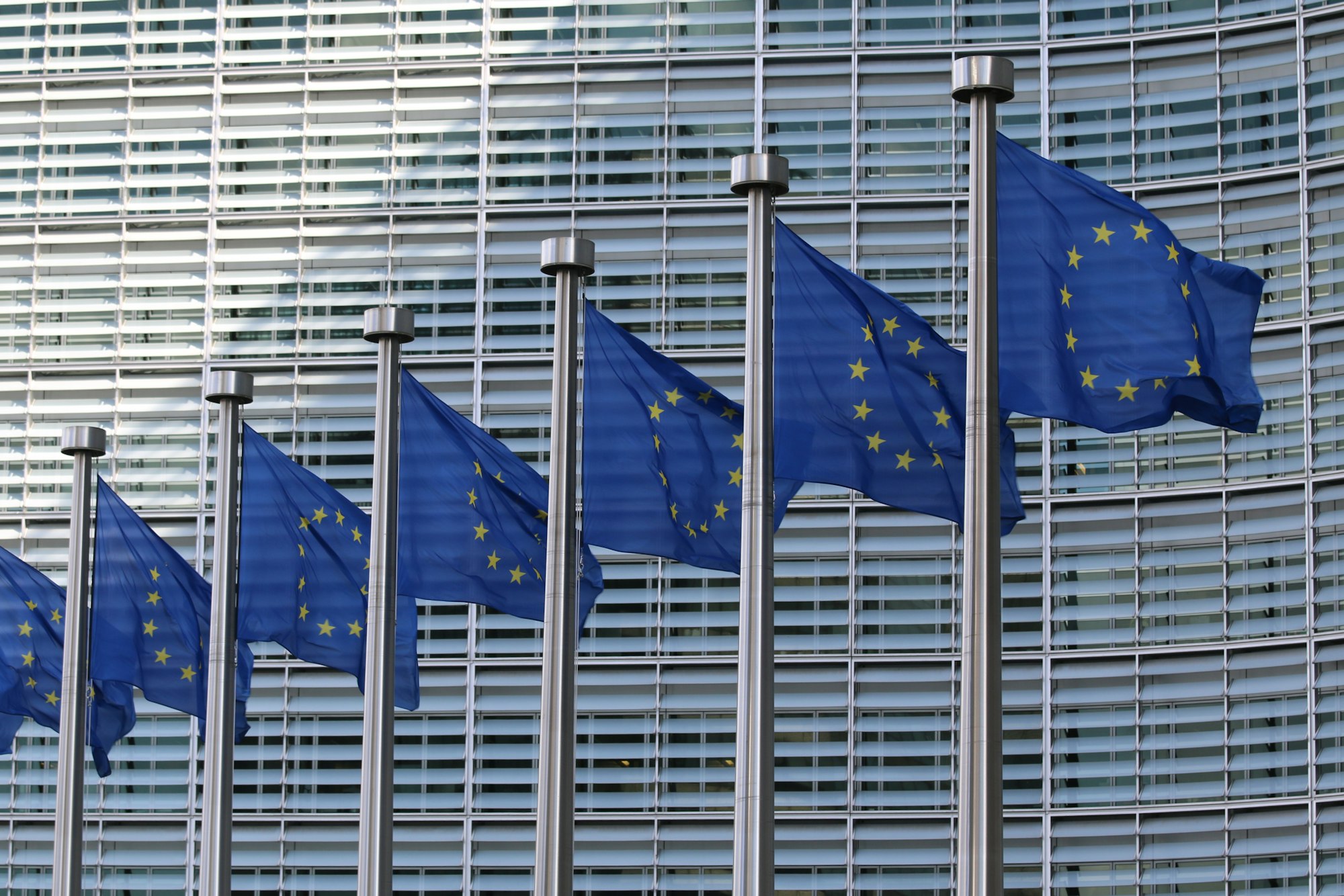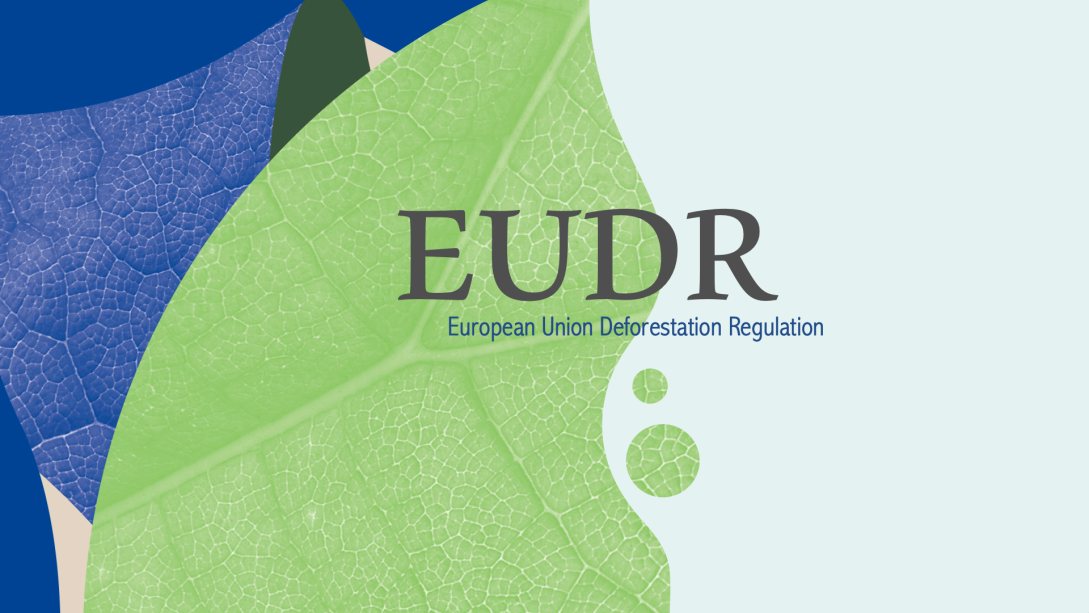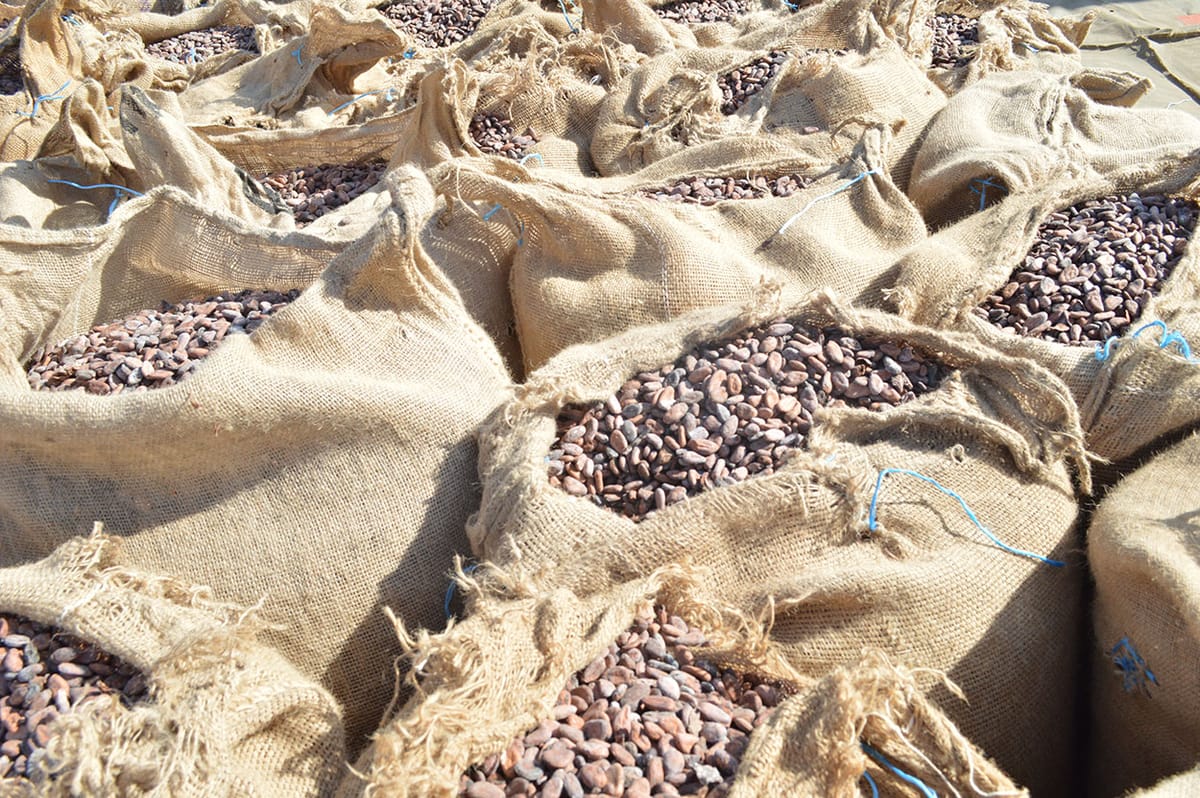EUDR update: cocoa operators in legal limbo
With under 100 days to go until the implementation of the European Union Deforestation Regulation (EUDR), CocoaRadar understands that a stakeholders’ platform meeting held behind closed doors in Brussels earlier this week disagreed on a crucial update to technical guidelines and FAQs, leaving cocoa operators, and those of other commodities, who export to the EU, in legal limbo.
More than 28 organisations, including the European Cocoa Association, politicians from EU countries, and international governments, have called for a delay in the regulations (due to come into force on 30 December 2024). However, the European Commission has reiterated its stance against postponing the EUDR, which the EU Parliament passed in June 2023.

German Federal Minister of Food and Agriculture, Cem Özdemir, said in a statement: "The fact that the EU Commission wants to stick to the start of application of the EUDR at the end of the year, even though relevant questions have not yet been clarified, is worrying. This is a problem for German and European companies and businesses. That is why the German government and even the Chancellor have pushed for a postponement - in the hope that the concerns of the member states will be taken seriously.
“The Commission had over a year to create the conditions for a proper and practical implementation of the regulation. This was not successful…”
The regulation affects commodities other than cocoa beans, including cattle, oil cake, soybeans, palm oil, chocolate, coffee, leather hides, paperboard, wood products, and furniture.
The EUDR decrees that exporters must ensure these commodities and goods are sourced from land that has not been deforested since 31 December, 2020.
Large companies have an 18-month compliance period, while small firms are given 24 months. Consequently, large firms must comply by December 2024 and small firms by June 2025.

According to sources, European Commission President Ursula von der Leyen is reluctant to delay the implementation of the EUDR because it would necessitate legislative changes and legal unpredictability for operators already struggling with mandatory due diligence statements.
There are also strenuous calls for Brussels to remain resolute and proceed with the planned implementation.
A ‘pioneering law under attack’
Writing in Mongabay, an environment news website, Sam Lawson, described the EUDR as a ‘pioneering law under attack’
“There is some understandable frustration that the benchmarking of sources of forest risk commodities as low, standard or high risk has not yet been completed and that there have been delays to European Commission guidance on interpretation of the law.
“However, some of those citing these problems as a reason to delay implementation of the law have a broader agenda to weaken it or even see it overturned. Already, some who initially called only for a delay have begun demanding that low-risk goods be exempt from requirements for traceability.
“Weakening the traceability requirement would be a disaster,” he writes.
According to a report in news channel Euractiv, one scenario is for a ‘soft launch’ with a further transition period and the core requirements of the EUDR remaining in place.
This would mean that while all requirements officially take effect at the end of December, national governments would start with actual enforcement later, in 2025 or 2026.
According to Euractiv, sample verifications and checks would begin later once countries are ready and have prepared their verification systems.
In any event, certification and due diligence experts advise companies to continue, with the expectation of full enforcement in December.
And in other news … cocoa prices climb
This week, cocoa prices climbed moderately higher, with New York cocoa posting a two-week nearest-futures high.
According to barchart.com, lower cocoa production in Cote d'Ivoire, the world's largest producer, supported cocoa prices. Government data on Monday showed that the country’s farmers shipped 1.74 MMT of cocoa to ports from 1 October to 22 September, down by 26% from the same time last year. Also, ICE-monitored cocoa inventories held in US ports have been trending lower for the past 15 months and fell to a 15-year low on Tuesday of 2,172,260 bags.
Ghana's cocoa prices have also been affected by Cocobod’s decision to raise the price it pays farmers for cocoa by 45% to $3,063 per ton for the 2024-25 season, which began this month.

It has been well reported that the price increase was below expectations of 65%, which may prompt Ghana's cocoa farmers to hoard beans in the hopes of even higher prices.
Cocoa grindings
The International Cocoa Organization (ICCO) reported that cocoa prices have been supported by better-than-expected cocoa demand. The National Confectioners Association reported on 18 July that North America Q2 cocoa grindings rose +2.2% y/y to 104,781 MT, stronger than estimates for a slight decline. Also, the Cocoa Association of Asia reported on 18 July that Asian Q2 cocoa grindings fell -1.4% y/y to 210,958 MT, a smaller decline than expectations of -2.0% y/y. The European Cocoa Association reported on 11 July that Q2 European cocoa grindings unexpectedly rose +4.1% y/y to 357,502 MT, versus expectations of a -2% y/y decline.
Moscow Exchange to start trading cocoa futures
Russian news agency Interfax has reported that The Moscow Exchange began trading in cash-settled cocoa futures contracts this week, with trading and settlements conducted in Russian rubles.
"Investors can use futures to expand the possibilities of investment strategies, hedging risks and generating a profit from price fluctuations. Futures contracts will allow market participants to protect their income better from undesirable changes in exchange prices for cocoa beans for those whose activities are related to the production and processing of cocoa," the exchange said.
The underlying asset of the futures is the cost of cocoa beans on foreign markets. The contracts reflect the dynamics of the price of cocoa beans supplied from countries in Africa, Asia, and Central and South America to any of the five delivery ports in the United States, the Moscow Exchange said in an official statement.
Investors will have access to contracts with execution in December 2024, and March and May 2025 from the start of futures trading.
The Association of Confectionery Industry Enterprises (ASKOND) told Interfax that cocoa bean imports to Russia are estimated at nearly 69,000 tonnes in 2023.




